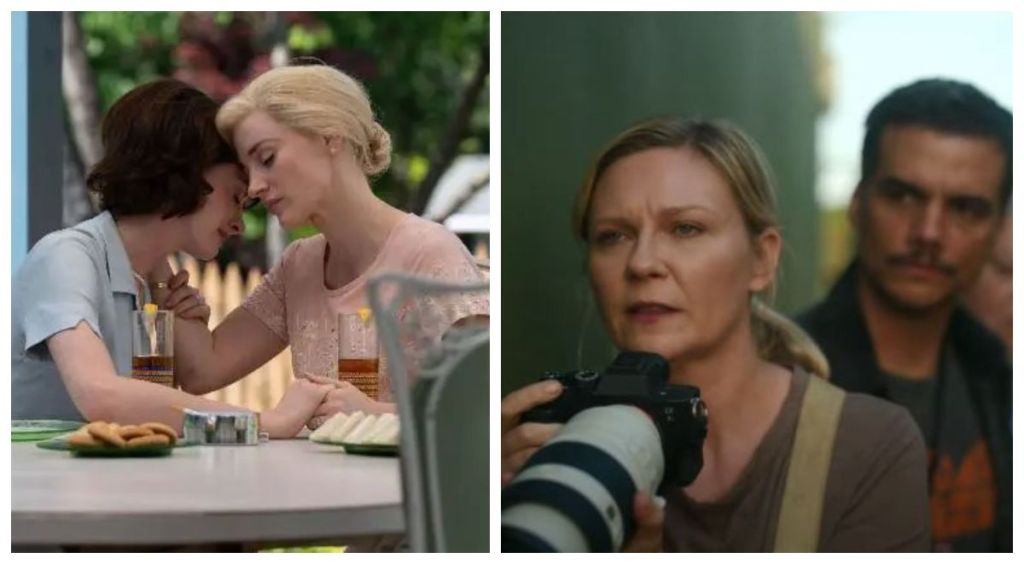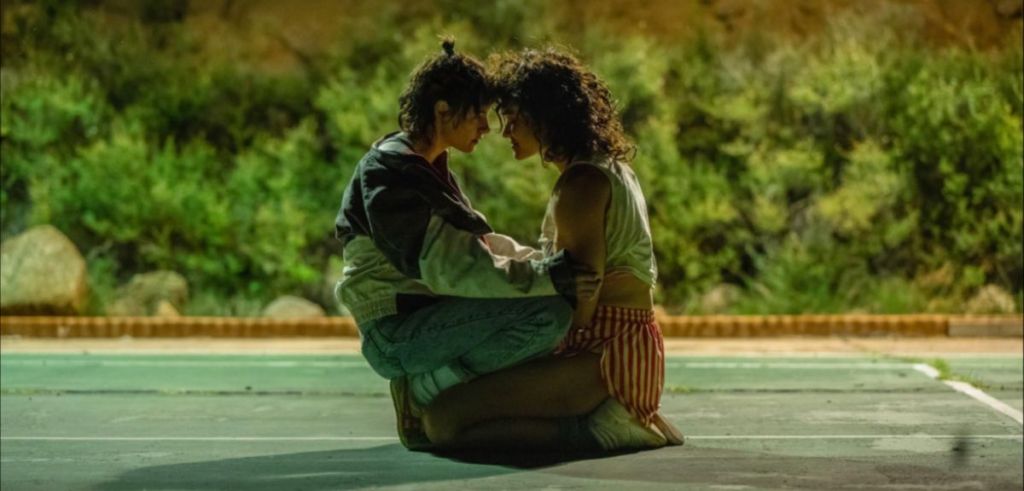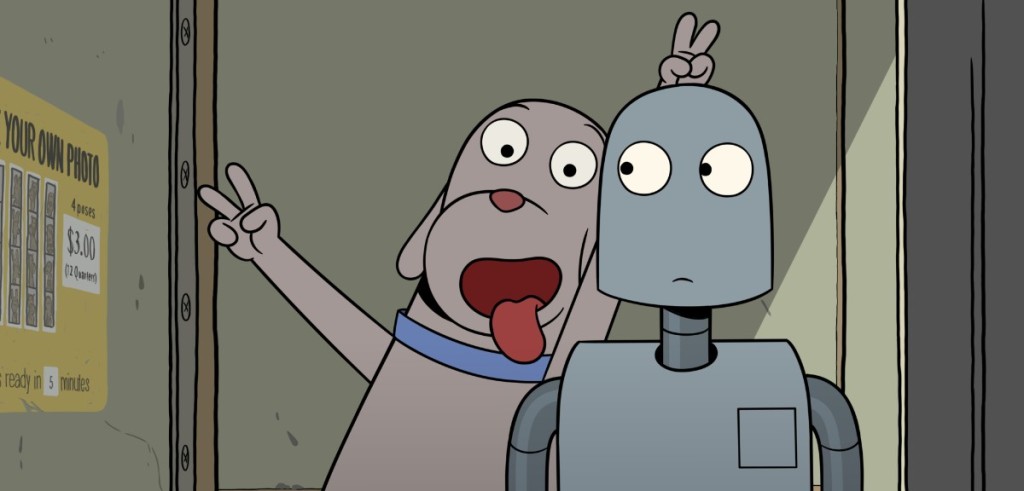Phyillis Nagy has made a name for herself as screen writer notably Todd Haynes Carol, now making her directorial feature debut with Call Jane. The story of the power and the right choose for women in 1960’s USA.
It’s terrifying to think that a film set 60 plus years is slowly resonate with what’s happening State side. With many States in the U.S. either outright banning abortion or restricting access to it. Overturning the Roe Vs. Wade ruling that made the constitutional right to abortion in 1973. Could the country be once again stepping into dangerous territory and women having to go ‘underground’ once again?
Call Jane, is set in Chicago 1968. The film is exploring the story of ‘The Janes’ or Jane Collective, an underground group of women. Based in the city offering women and girls a safe and secure place for an abortion when it’s illegal to have or provide one. Elizabeth Banks is Joy a middle class suburban wife, and mother to a quick-witted teen daughter (Grace Edwards)and now pregnant again. Her life is turned upside down when she collapses only to learn that if she gave birth it would kill her due to a heart defect.
Joy’s options are limited to two things, apply to the hospital board for an abortion or give birth with 50% chance she will survive. Trying to get help elsewhere, she got offered advice of throwing herself downstairs. After tiring out all options she learns about ‘Call Jane’ and her life is about to change.
When we first meet Joy, she’s lavishly dressed at a posh do for her loving husband Will (Chris Messina). He has just received a promotion at his Law firm. Outside the hotel the police surround the venue, as a Yippee protest happens that turns violent. They both escape the trouble and from here for the first part of Call Jane we see the conformable Joy has. She’s content been a home-maker, a nice home, well educated and a woman of faith. You could say the film is setting Joy as not your stereotypical woman who would be a feminist or even an activist. If anything the polar opposite , a woman of conservative values and probably against abortion. What the film does do is highlight abortion affects everyone regardless of wealth, race and values.
Coming from a comfortable life, Her doctor gives her an option of a therapeutic termination. This however was a time hospital boardrooms were dominated by men who refuse outright to offer Joy the termination. Pushing her towards a back street abortion only to finally discover the Jane Collective. An underground collective of women who offer women and girls a safe and secure option.
Some people may argue the film is only seen through the eyes of white women. The collective was made up of predominately of white members, Gwen (Wunmi Mosaku) reminds the collective of that women of colour and those who cannot afford the expensive procedure. Gwen constantly fights with Virginia (Sigourney Weaver) about the $600 (£500) fee pushing her to find free options. Also at first Joy herself becomes judgemental only to quickly learning the values of life. She does become more involved in the Janes leading for her own family to become suspicious especially her daughter Charlotte. Telling them she’s attending art classes.
The film does lose momentum a little in the final third of the film. Rarely are the collective challenged with legal issues or the police. There is one scene a police officer does investigate making the scene unimportant. When when Roe vs. Wade verdict arrives in 1973 there is no big ending or celebration. What we do get is the members burning the index cards, reminding us of the women and girls they helped.
Banks shines with a nuanced performance and Weaver is fantastic as the pragmatic Janes leader. Call Jane maybe seen as a paint by numbers historical drama. It’s also a stark reminder Jane Collective and similar groups may still be need in 21st Century USA.
★★★1/2
Drama, History | USA, 2022 | 12A | Cinema | 4th November 2022 (UK) | Vertigo Releasing | Dir. Phyllis Nagy | Elizabeth Banks, Sigourney Weaver, Chris Messina, Kate Mara, Wunmi Mosaku, Cory Michael Smith, Grace Edwards





Leave a comment